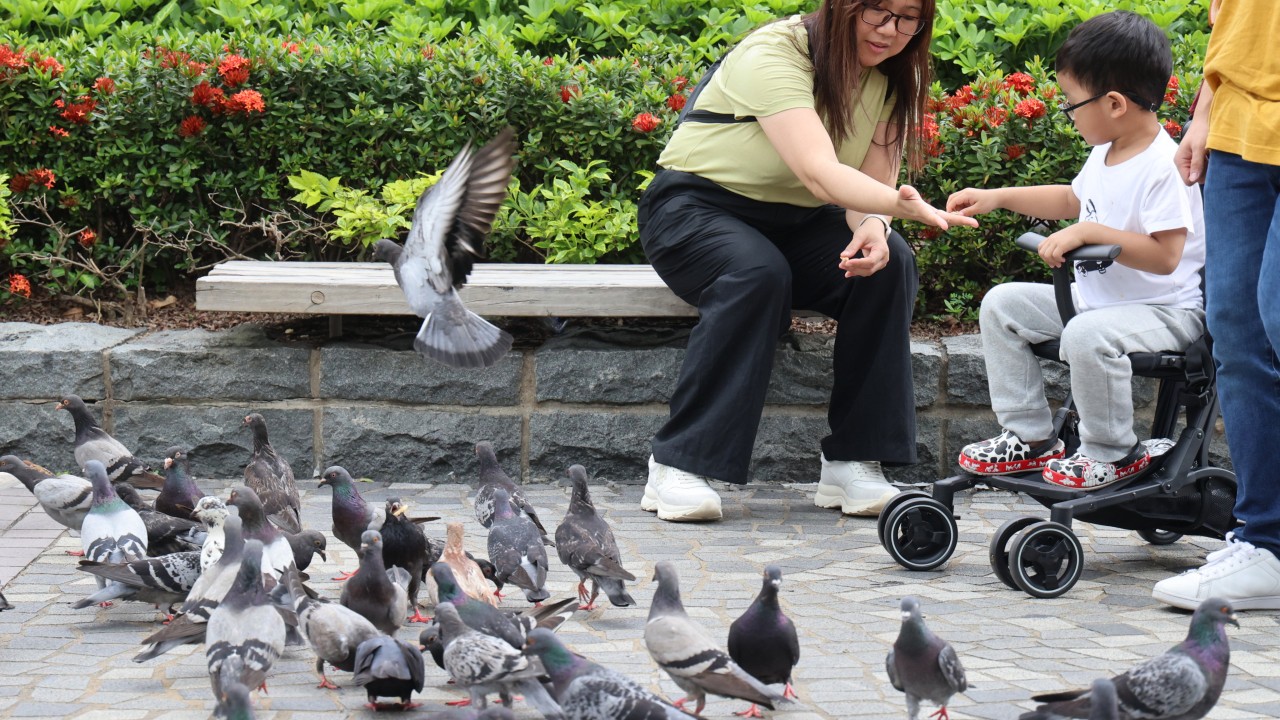Ivan Hung Fan-ngai, chair professor in infectious diseases at the University of Hong Kong, warned residents on Saturday after recent outbreaks of H5N1 avian flu virus were reported among US dairy cows, which did not have past records of infection. “We saw that H5N1 is showing signs of genetic mutation that could allow it to infect mammals more easily,” Hung said in a seminar organised by the Hong Kong News-Expo. “We don’t rule out that the mutation could lead to an effective human-to-human transmission.
” He warned its virulence and transmissibility could be more serious than Covid-19 if such mutation occurred. US authorities had identified infected cows in 52 dairy cattle herds across nine states in the recent outbreaks as of Wednesday, according to the country’s Centres for Disease Control and Prevention. Two dairy farm workers, believed to have caught the virus from cows, were reported to be infected last month and on Wednesday.

The pair were likely to be the world’s first reported cases of humans catching the virus from cows. A study published in a top US medical journal on Friday also noted the H5N1 virus could be found in the milk produced by infected cows, and animals consuming the unpasteurised liquid could be infected. Australia on Thursday also reported its first ever human case of H5N1, involving a child who caught the virus overseas.
Hung urged the public to avoid contact with wild birds. “If you see a dead bird, do not touch it. It’s better to te.
















